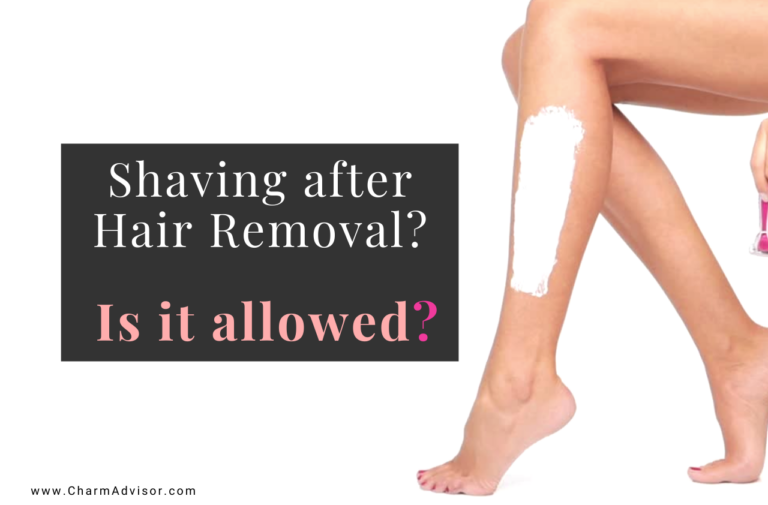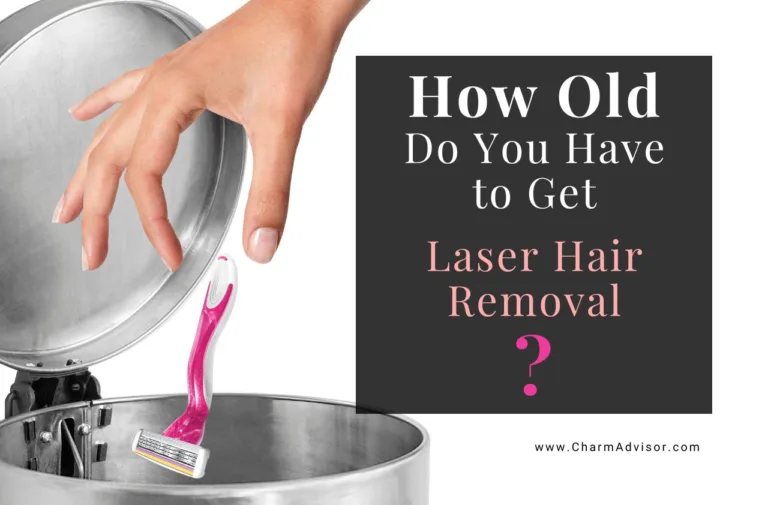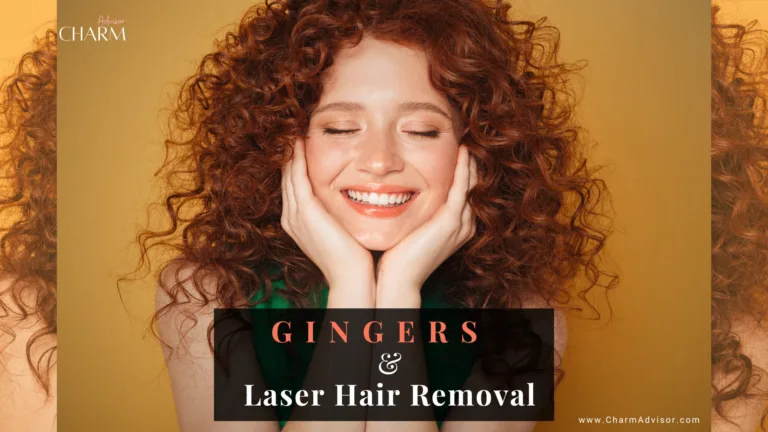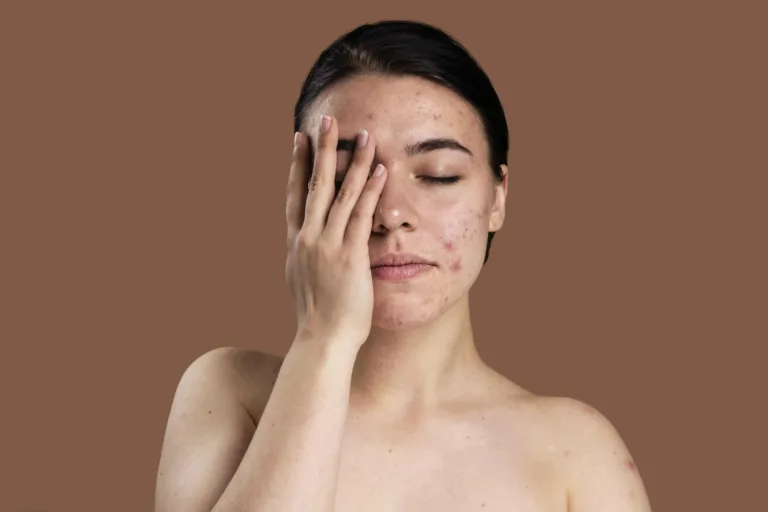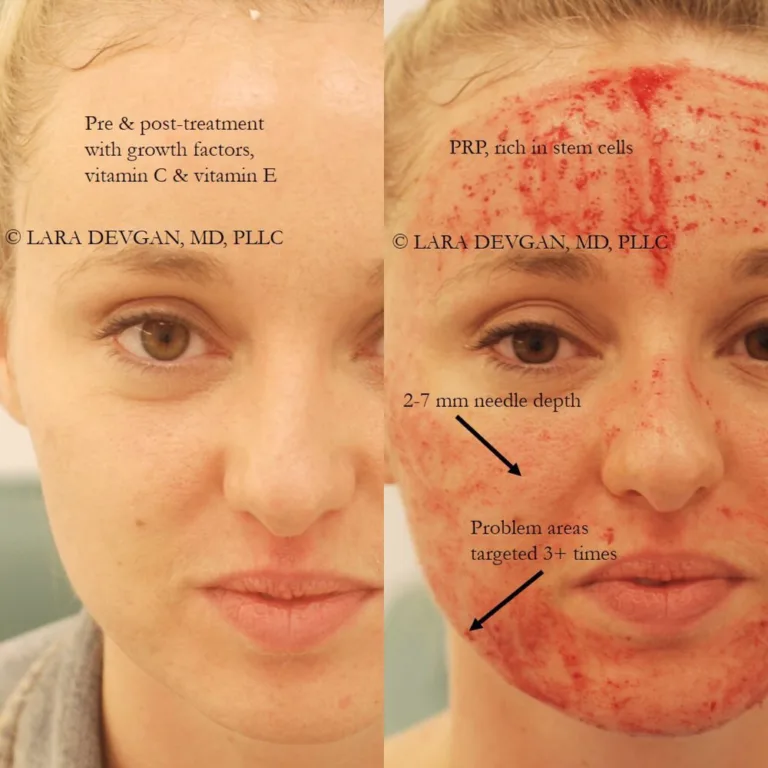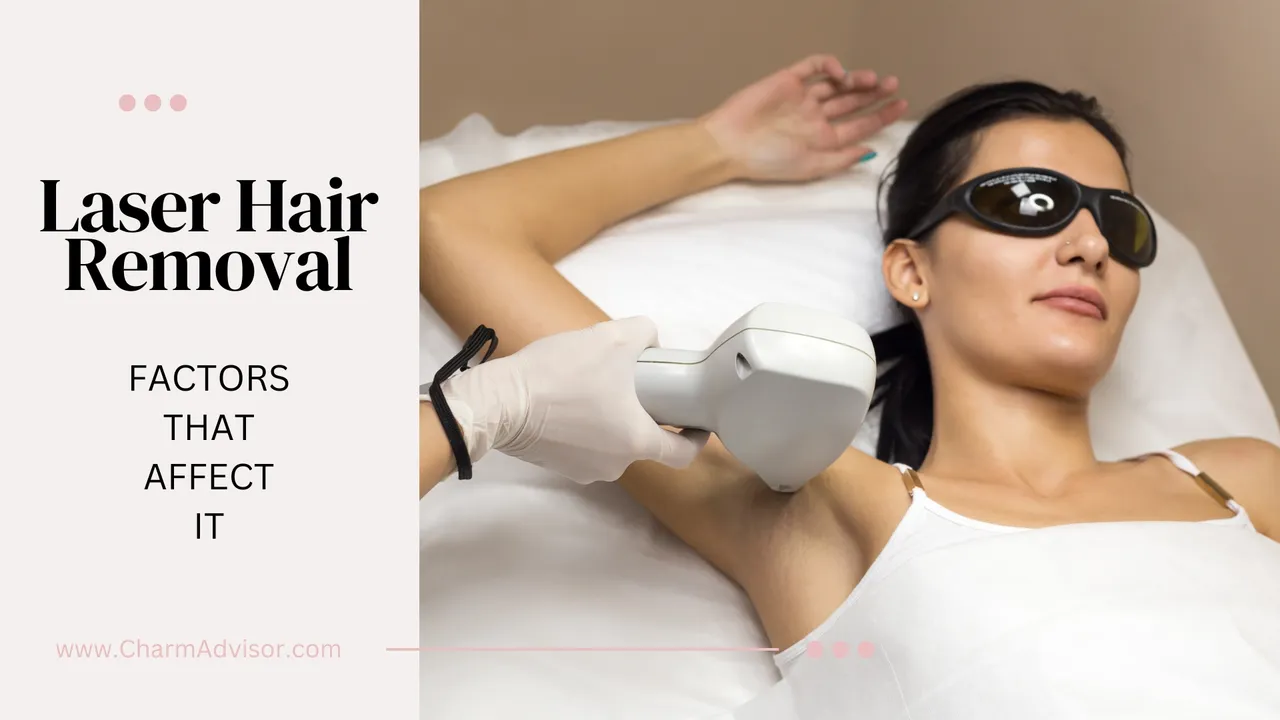
Laser hair removal is a popular cosmetic procedure that uses laser technology to remove unwanted hair from various parts of the body. While it can be an effective and long-lasting solution for hair removal, there are several factors that affect laser hair removal results. In this article, we will explore the various factors that can impact the results of laser hair removal and what you can do to optimize your treatment.
Table of Contents
Factors That affect laser hair removal results
1. Hair Color
One of the critical factors that affect the effectiveness of laser hair removal is the color of the hair. Lasers work by targeting the pigment in the hair follicles, which absorbs the light and destroys the hair. Therefore, people with dark, coarse hair are the best candidates for laser hair removal, as the melanin in their hair will absorb the laser energy more effectively.
On the other hand, people with light-colored or fine hair may not see as much success with laser hair removal. The reason is that there is less pigment in their hair follicles to absorb the laser energy, which means that the laser may not destroy the hair follicle effectively.
There are certain types of lasers that may work for light-colored or fine hair, but they tend to be less effective than for darker, coarser hair. This is because the laser targets the pigment in the hair follicle, and light-colored or fine hair contains less pigment, making it harder for the laser to differentiate between the hair and surrounding skin. Alexandrite and Diode lasers have been shown to be more effective on lighter skin tones and finer hair, while Nd:YAG lasers are better suited for darker skin tones and coarser hair. However, it is important to consult with a licensed professional to determine which type of laser is best for your specific hair color and skin tone.
2. Skin Type & color
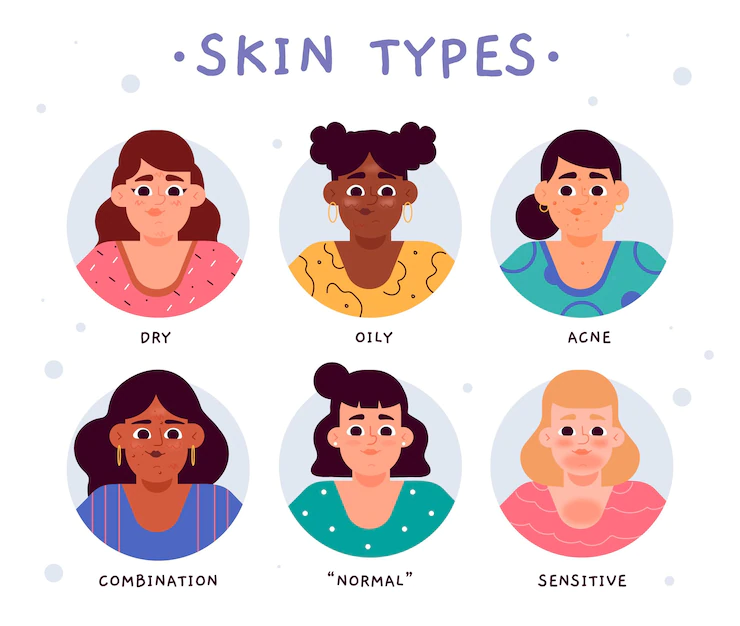
Skin color is another crucial factor that affects the effectiveness of laser hair removal. The laser energy is absorbed by the melanin in the hair follicles, and if the skin has a lot of melanin, the laser may also be absorbed by the skin. As a result, people with dark skin are not good candidates for laser hair removal, as the laser can cause skin damage or burns.
On the other hand, people with fair or light skin tones are ideal candidates for laser hair removal, as the contrast between their hair and skin color allows the laser to target the hair follicles accurately without damaging the skin.
3. Hormones
Hormones play a significant role in hair growth, and they can affect laser hair removal results. The laser targets hair follicles in the anagen or growth phase, and not all hair follicles are in this phase at the same time. Hormonal changes, such as those during puberty, pregnancy, or menopause, can cause hair follicles to enter different growth phases, which can affect the effectiveness of laser hair removal.
4. Medications and Medical Conditions
Certain medications and medical conditions can also affect laser hair removal results. For example, if you are taking antibiotics or other medications that make your skin more sensitive to light, you may need to postpone your laser hair removal treatment. Similarly, if you have a medical condition that affects your skin’s sensitivity to light, such as lupus or eczema, you may need to consult with your doctor before undergoing laser hair removal.
5. Sun Exposure
Sun exposure is another factor that can impact the results of laser hair removal. If you have recently been exposed to the sun, your skin may be more sensitive to the laser, which can increase the risk of burns and other complications. It is recommended to avoid sun exposure for at least two weeks before and after laser hair removal treatment.
6. Technique and Experience of the Provider
The technique and experience of the laser hair removal provider can also impact the effectiveness of the treatment. It is important to choose a provider who has experience with laser hair removal and uses the latest technology and techniques to ensure the best possible results.
In conclusion, several factors can affect laser hair removal results. It is crucial to consult with a licensed and experienced laser hair removal technician to determine if you are a good candidate for the treatment and how to prepare for the procedure. By following the technician’s advice and taking necessary precautions, you can increase the effectiveness of laser hair removal and achieve smoother, hair-free skin.
How to Optimize Your Laser Hair Removal Treatment
If you want to get the best results from your laser hair removal treatment, you need to follow some tips to optimize it. Here are some ways to optimize your laser hair removal treatment:
-
Consult with a Professional

To optimize your laser hair removal treatment, it is essential to consult with a professional who can assess your skin and hair type and recommend the best approach for your individual needs. A professional can also provide advice on how to prepare for your treatment and what to expect during and after the procedure.
-
Follow Pre- and Post-Treatment Instructions
To ensure the best possible results, it is important to follow the pre- and post-treatment instructions provided by your laser hair removal provider. This may include avoiding sun exposure, shaving the treatment area before the procedure, and avoiding certain medications that can affect skin sensitivity.
-
Be Consistent with Treatment Schedule
Consistency is key when it comes to laser hair removal. To achieve optimal results, it is important to adhere to a consistent treatment schedule and attend all recommended follow-up appointments. This can ensure that the hair is effectively targeted during the growth cycle and minimize the need for additional treatments.
-
Consider Combination Treatments
Combining laser hair removal with other treatments, such as electrolysis or topical hair inhibitors, may also improve the effectiveness of the treatment. Your provider can recommend the best combination approach for your individual needs.
Conclusion
Laser hair removal can be an effective and long-lasting solution for hair removal, but there are several factors that can affect the results of the treatment. By understanding these factors and taking steps to optimize your treatment, you can achieve the best possible results and enjoy smoother, hair-free skin for longer periods of time.
FAQs
What affects laser hair removal results?
Several factors can affect the results of laser hair removal, including the color and thickness of the hair, the color of the skin, and the type of laser used. Additionally, following the recommended treatment plan and avoiding sun exposure can help improve the effectiveness of the treatment.
Can laser hair removal be performed on all skin types?
Yes, laser hair removal can be performed on most skin types, but the type of laser used may vary depending on your skin tone. Alexandrite and Diode lasers are typically more effective on lighter skin tones, while Nd:YAG lasers are better suited for darker skin tones.
How can I increase the effects of laser hair removal?
To increase the effects of laser hair removal, it’s important to follow the recommended treatment plan, which typically involves multiple sessions spaced several weeks apart. Additionally, avoiding sun exposure and using sunscreen can help protect the skin and improve the effectiveness of the treatment.
What should I avoid after laser hair removal?
After laser hair removal, it’s important to avoid sun exposure, hot showers, saunas, and exercise for at least 24-48 hours. It’s also recommended to avoid any products that may irritate the skin, such as scrubs, glycolic acid, and retinoids.
Why is laser hair removal not working?
Several factors can affect the effectiveness of laser hair removal, including hair color, skin color, and the type of laser used. If the hair is too light or fine, the laser may not be able to target it effectively. Similarly, if the skin is too dark, the laser may not be able to distinguish between the hair follicle and the surrounding skin, leading to ineffective results.
Can I shave 2 days after laser hair removal?
It’s generally recommended to wait at least 3-4 days before shaving after laser hair removal. Shaving too soon after the treatment can irritate the skin and increase the risk of ingrown hairs.
Why am I more hairy after laser?
It’s not uncommon to experience temporary hair growth after laser hair removal. This is because the hair follicles are damaged by the laser, which can cause the hair to shed and then regrow. However, this regrowth should be temporary and should subside within a few weeks.
Why do I still have hair right after laser?
It’s normal to have some hair growth immediately after laser hair removal, as not all of the hair follicles will be destroyed in a single treatment. However, over time, as the hair follicles are damaged and destroyed by the laser, the hair growth will become less and less.
Why is my hair growing back faster after laser?
In some cases, hair may appear to be growing back faster after laser hair removal. However, this is typically just an illusion caused by the hair that was previously dormant (in the telogen phase) being stimulated to grow by the laser treatment. This hair will shed and then regrow normally in the anagen phase.
How do you know if laser hair removal is working?
It can take several treatments before you begin to see the full effects of laser hair removal. However, you should begin to notice a reduction in hair growth after each treatment. Additionally, the hair that does grow back should be finer and lighter in color.


